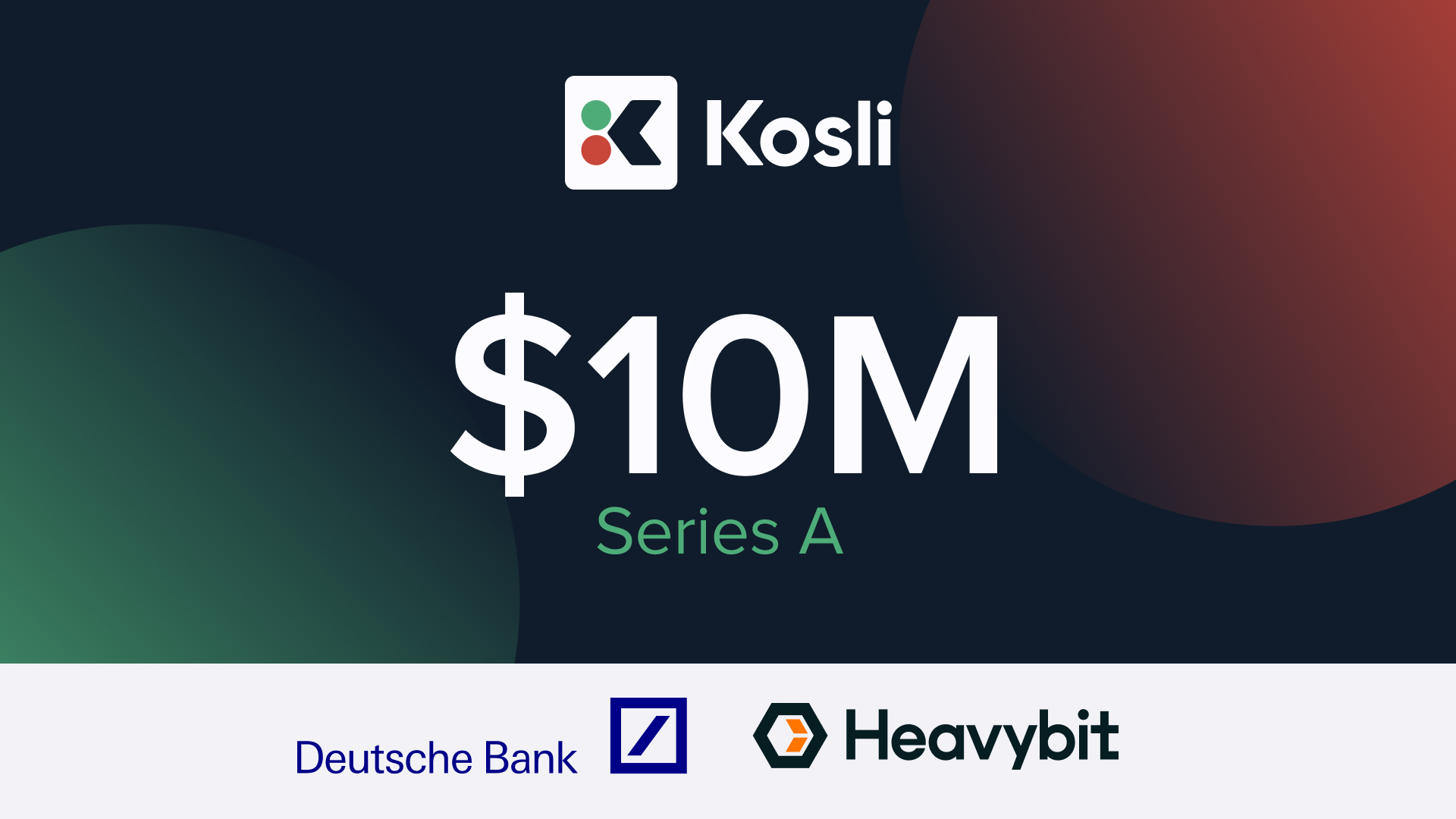The global market for AI-powered KYC (Know Your Customer) solutions in the banking industry has witnessed remarkable growth in recent years, driven by the increasing adoption of advanced technologies to enhance regulatory compliance, customer onboarding, and fraud detection processes. According to a report by Grand View Research, the global artificial intelligence in banking market size was estimated at USD 19.87 billion in 2023 and is expected to grow at a compound annual growth rate (CAGR) of 31.8% from 2024 to 2030, reaching USD 143.56 billion by 2030.
The surge in demand for AI-powered KYC solutions can be attributed to several key factors. Firstly, the growing volume of daily digital transactions, including online payments, withdrawals, and deposits, has compelled banks to strengthen their fraud detection and prevention measures. AI-powered KYC solutions, combined with machine learning algorithms, play a crucial role in identifying and mitigating complex financial fraud, ensuring the security of online banking activities and fostering trust in digital transactions.
Moreover, the massive volume of data generated by banking operations has overwhelmed traditional manual processes, leading to potential errors and delays. AI-powered KYC solutions offer a streamlined approach to data collection, analysis, and decision-making, significantly enhancing operational efficiency and user experiences. These solutions not only facilitate informed credit decisions but also serve as a crucial tool in combating financial crimes by identifying suspicious activities and suspicious patterns.
The advent of innovative AI technologies, such as natural language processing (NLP) and computer vision, has further propelled the growth of the AI-powered KYC market. NLP enables banks to extract valuable insights from unstructured customer data, such as queries, reviews, and social media interactions, aiding in personalized service delivery and customer sentiment analysis. Computer vision, on the other hand, has revolutionized the document verification process, automating the extraction and analysis of information from IDs, checks, and forms, reducing manual errors and accelerating administrative tasks.
The COVID-19 pandemic has also played a significant role in accelerating the adoption of AI-powered KYC solutions, as the need for remote and contactless customer onboarding processes has become paramount. Banks have increasingly turned to AI-driven video verification and digital ID schemes to ensure seamless and secure customer onboarding, even in the absence of physical interactions.
Looking ahead, the forecasted trends for the AI-powered KYC market in the banking industry point to continued growth and innovation. The increasing focus on regulatory compliance, coupled with the rising demand for personalized and efficient customer experiences, will drive financial institutions to further invest in advanced AI-powered KYC solutions. Additionally, the integration of AI with emerging technologies, such as blockchain and quantum computing, is expected to unlock new possibilities for enhanced security, fraud detection, and data management in the banking sector.
Competitive Landscape: JPMorgan Leads the Way with Unparalleled AI-Powered KYC Capabilities
JPMorgan’s AI-powered KYC capabilities have emerged as an industry benchmark, setting new standards in efficiency, accuracy, and cost savings compared to its key competitors.
Efficiency Gains
JPMorgan has leveraged AI and automation to streamline its KYC processes, reducing the time required for customer onboarding and ongoing monitoring by up to 90%. By automating data collection, identity verification, and risk assessment, the bank has been able to significantly accelerate its KYC workflows, allowing its analysts to focus on higher-value tasks. In contrast, many of JPMorgan’s competitors still rely heavily on manual, labor-intensive KYC procedures, leading to longer turnaround times and higher operational costs.
Accuracy and Precision
JPMorgan’s AI-driven KYC solution utilizes advanced natural language processing, computer vision, and predictive analytics to analyze vast amounts of customer data with unparalleled accuracy. The system is able to detect complex patterns and anomalies that would often be missed by human reviewers, leading to a significant reduction in false positives and enhanced risk detection capabilities. Competitor banks, while also investing in AI, have yet to match JPMorgan’s level of precision and insight derived from their KYC technology.
Cost Savings
By automating routine KYC tasks and reducing the need for manual intervention, JPMorgan has been able to achieve substantial cost savings. The bank estimates that its AI-powered KYC processes have lowered operational expenditures by up to 40% compared to traditional methods. This advantage allows JPMorgan to offer more competitive pricing to its clients while maintaining healthy profit margins. In comparison, many of JPMorgan’s rivals continue to struggle with the high costs associated with labor-intensive KYC operations, limiting their ability to remain price-competitive.
Regulatory Compliance and Agility
JPMorgan’s AI-driven KYC solution has also demonstrated a superior ability to adapt to evolving regulatory requirements. The system’s machine learning algorithms are designed to constantly update and refine their risk detection models, ensuring the bank remains compliant with the latest AML and KYC regulations across multiple jurisdictions. This agility has allowed JPMorgan to avoid costly penalties and reputational damage, which have plagued some of its competitors that have been slower to update their compliance processes.
Overall, JPMorgan’s investment in AI-powered KYC capabilities has given the bank a significant competitive advantage, allowing it to outperform its rivals in terms of efficiency, accuracy, cost savings, and regulatory compliance. As the demand for advanced KYC solutions continues to grow, JPMorgan is poised to further cement its position as a leader in the industry.









